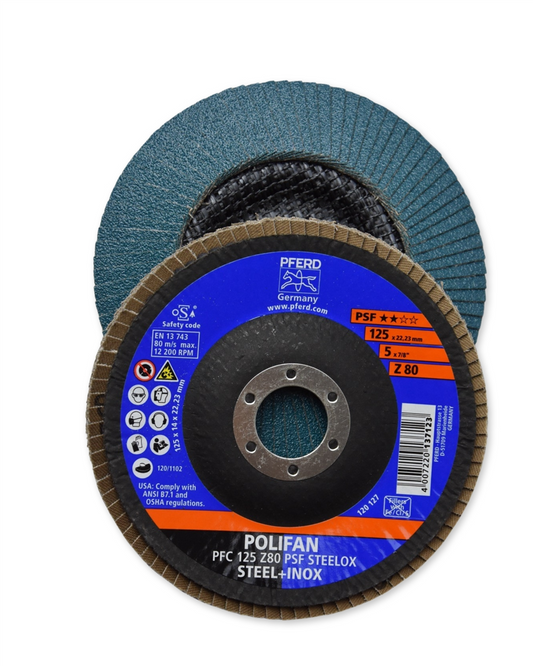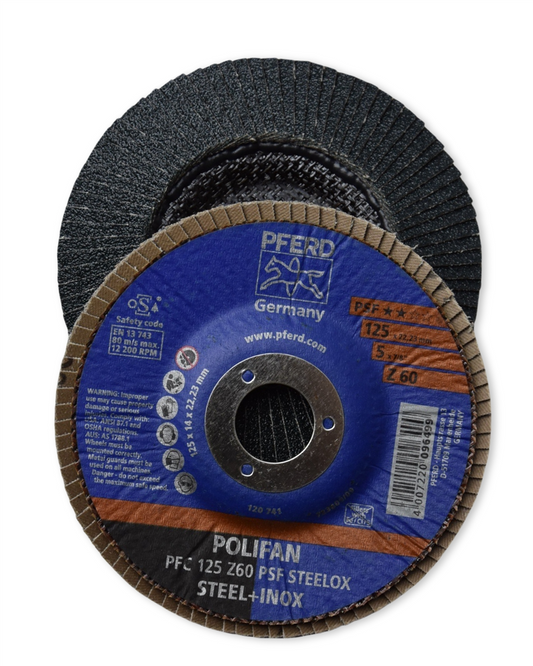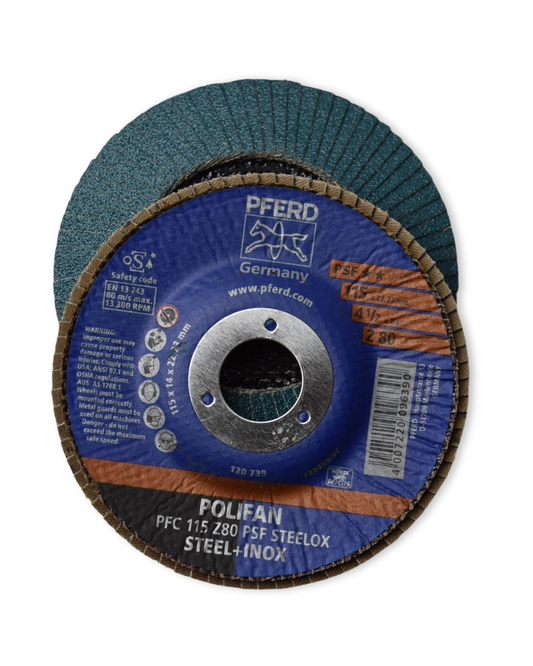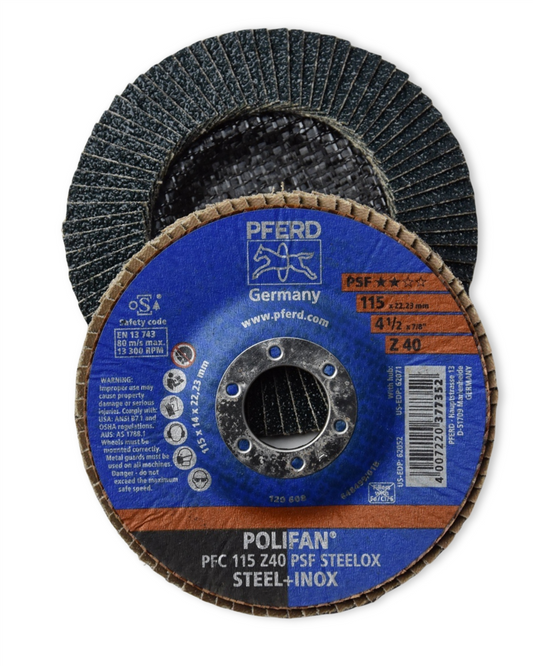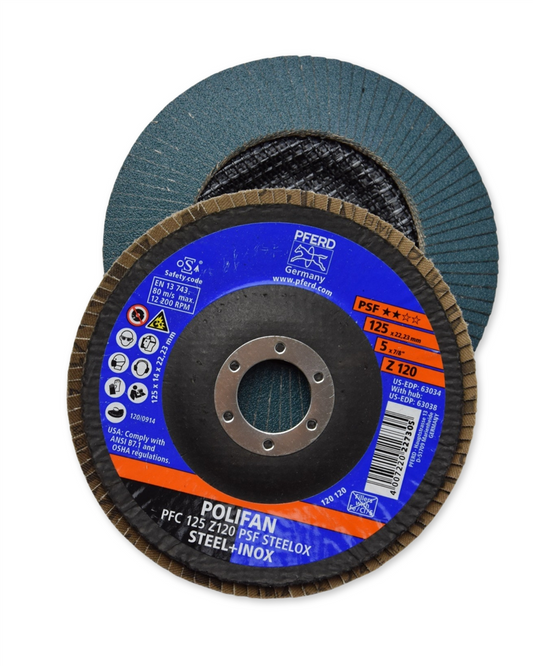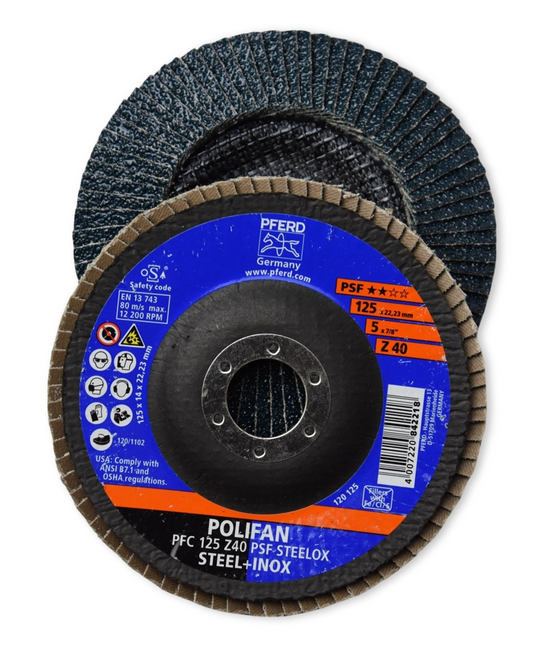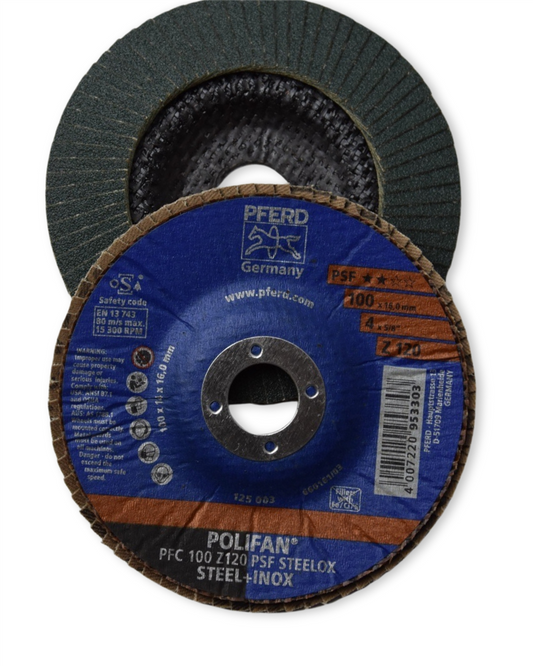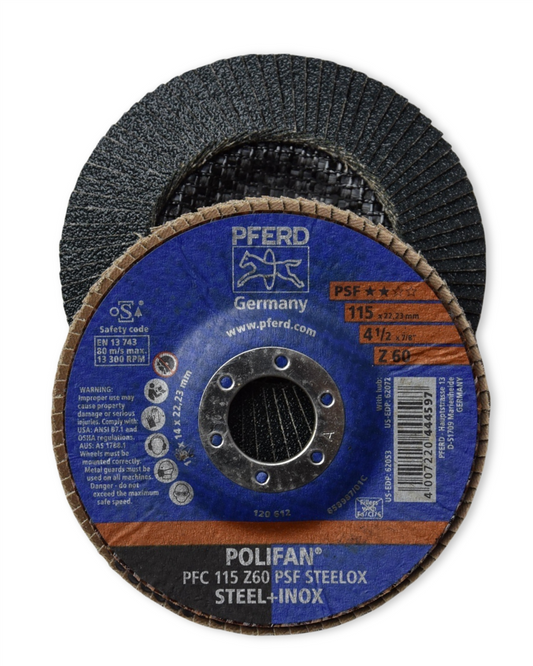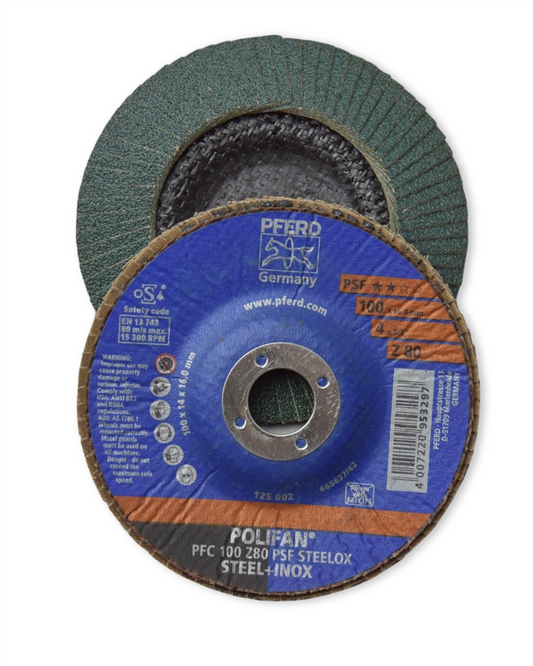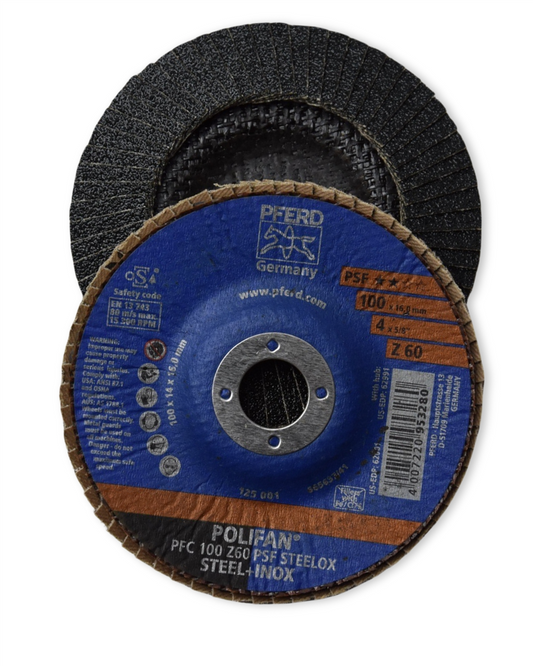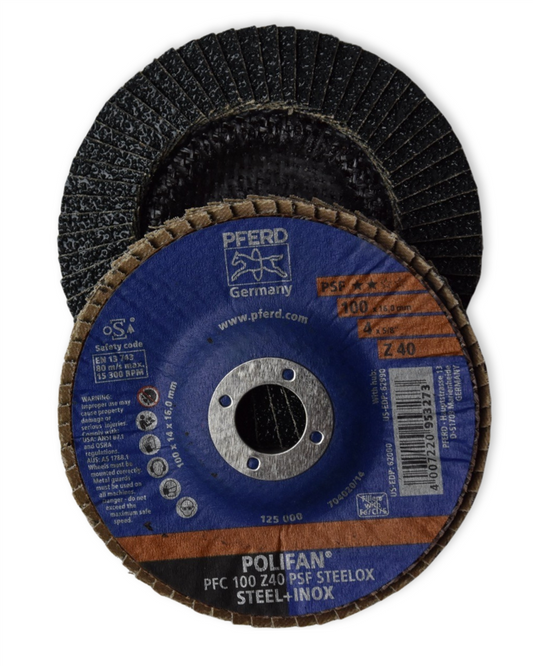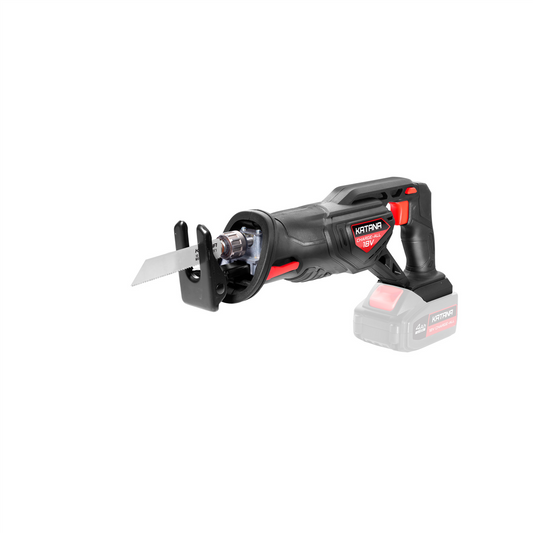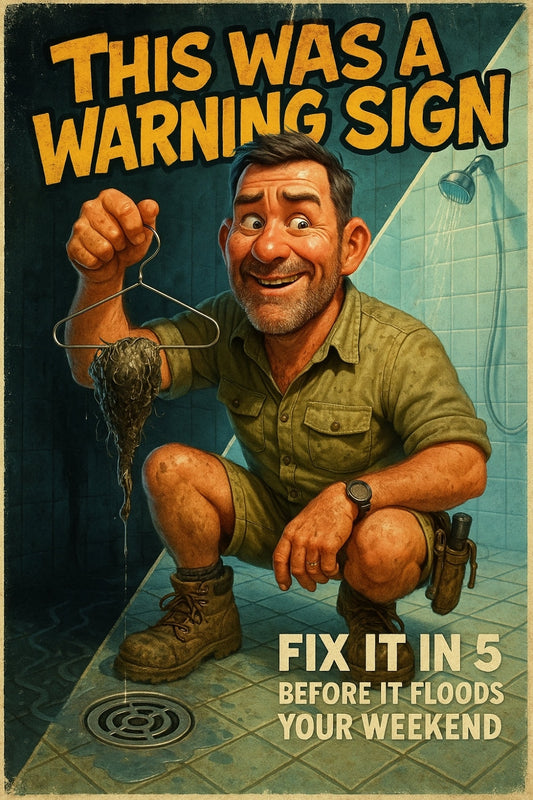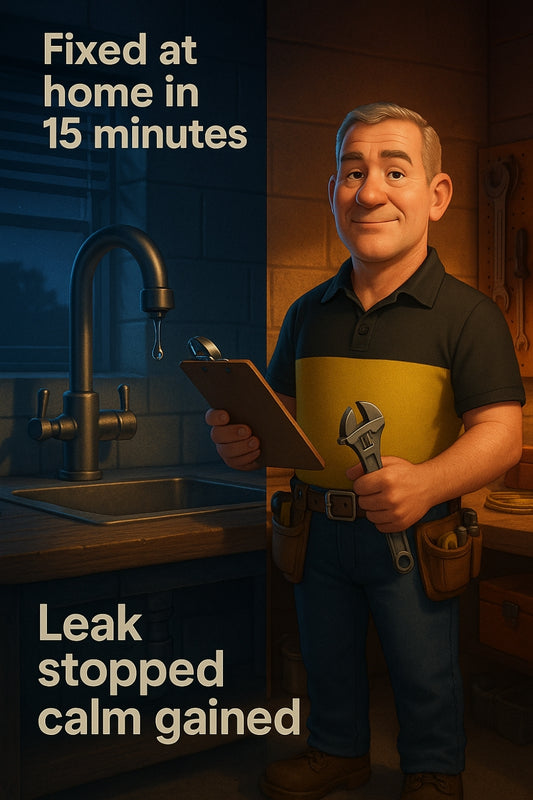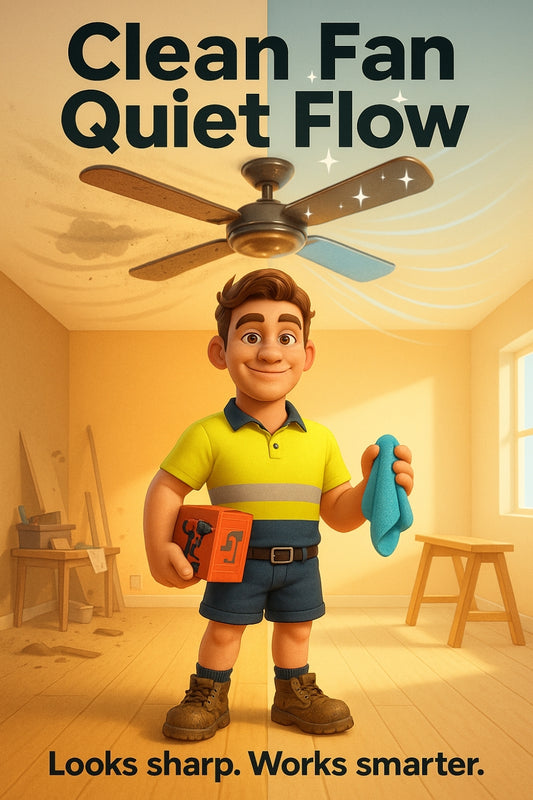Smart Tips for Tackling DIY Repairs as a Beginner
Share
Let’s get real for a second—DIY might look like magic on Instagram, all perfect angles and shiny results, but in reality? It can feel like trying to win a dance-off when you’re still learning left from right. That’s where I come in! Whether you’re fixing a wobbly chair or turning a spare room into the ultimate craft haven, I’ve got tips to make your DIY journey smoother, smarter, and—dare I say it—fun. Grab your toolkit, and let’s talk shop.
1. Start Small, Dream Big
You might be tempted to jump straight into a grand bathroom makeover, but save that ambition for later. Start with something bite-sized, like changing a door handle or patching a small wall hole. These little wins give you confidence and teach you the basics without blowing your budget—or your sanity!
For example: when I first tackled DIY, my biggest opponent wasn’t a wonky shelf. It was overthinking. Keeping it simple saved me from swearing off DIY forever. Trust me, you’ll thank yourself for dipping your toes in first.
2. Fancy Equipment? Not Just Yet
Ah, the allure of flashy tools—don’t let it blind you! Sure, those ads for high-powered drills might be tempting, but as a beginner, focus on building a trusty toolkit with essentials like a hammer, screwdriver set, tape measure, and a basic drill. You can upgrade as you go.
Here’s the tea—if you're missing something midway through your project, pop into your favourite hardware store for advice. The folks at Strathalbyn H Hardware are always ready with tips to match you with the right tools without emptying your wallet. Plus, they’ll talk to you in actual human terms, no jargon-heavy lectures.
3. Know Your (Glue) Guns from Your Guns
Every project calls for its own set of materials, and knowing what to use can feel overwhelming. How’s anyone supposed to know one adhesive from another? The trick is to ask before you commit. Whether it’s wood glue, silicone sealant, or something in the plumbing aisle, double-check with the experts before getting started.
A friend of mine once tried fixing a desk drawer with Silicone instead of wood glue; let’s just say, things didn’t go as planned. Learn from the mistakes of others—it’s a faster (and cheaper) education!
4. Measure Twice, Panic Never
This old saying is as true as ever. Always—always—double-check your measurements before you cut, drill, or glue. When the tape measure speaks, listen. There’s nothing worse than realising your perfectly painted shelf doesn’t quite fit in the spot you chose because you skipped a remeasure. How do I know? Let’s not talk about that time my “custom shelves” looked more like abstract art.
5. Prep Like a Pro
Preparation matters more than the actual repair in most cases. Clean the area, gather your tools, and lay everything out before you start. Even taping edges for painting can save you the heartache of having to fix messes later.
If you’re feeling extra organised, check ahead for workshops. Strathalbyn H Hardware runs classes to teach hands-on skills—perfect if you prefer learning by doing. You’ll get a little confidence boost, and there’s something satisfying about nailing a new skill (figuratively, and maybe literally).
6. Mistakes Are Part of the Journey
Here’s the thing—your first attempt probably won’t be perfect. And that’s okay! Some projects teach you skills, while others teach you patience. Either way, you’re winning. Embrace the scratches, paint splatters, and slightly tilted picture frames. They’re part of what makes your place feel like home.
7. Always Prioritise Safety
Not to get all serious, but safety isn’t optional. Goggles when sanding? Yes. Gloves if you’re handling chemicals? Absolutely. Clear the area of random trip hazards too. Imagine explaining to your mates that you rolled your ankle on a rogue hammer while ‘building character.’ Better safe than sorry!
8. Assemble Your DIY Cheer Squad
Don’t hesitate to seek advice from people who’ve been around the DIY block. Whether it’s turning to online forums, catching up with friends who can share their trial-and-error lessons, or popping into the local hardware for tips, having a good advice network can save heaps of time (and frustration!). If you’re ever unsure about what to tackle next, the friendly team at Strathalbyn H Hardware can point you in the right direction, whether you’re dealing with DIY debacles or just dreaming up your next project.
Final Thoughts
Starting out in DIY doesn’t have to feel like diving headfirst into the deep end. By choosing manageable projects, arming yourself with the right tools (and advice), and keeping a sense of humour along the way, you’ll be building skills and confidence in no time. Remember, every pro was once a beginner—they just stuck with it.
If you’re ever in need of tools, tips, or a bit of encouragement, we’re always here to help at your local hardware hub. Pop in, say hi, and let's get your next project rolling. Happy fixing! 😊
Cheers,
Candeece

